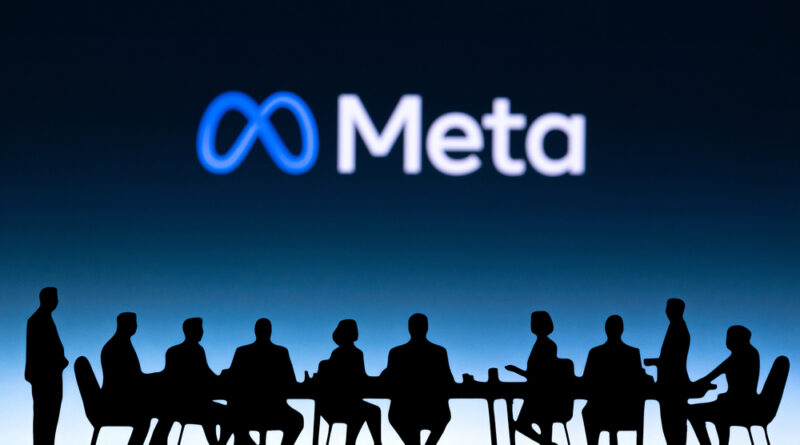Meta Ramps Up AI Arms Race After Failed Bid for $30 Billion Startup
Meta Platforms has accelerated its push to close the talent gap in artificial intelligence, moving to recruit star AI entrepreneurs and taking a multibillion-dollar stake in data-labeling company Scale AI after a reported effort to buy Safe Superintelligence for roughly $30 billion fell through.
Courtship of a “Safe Superintelligence”
People familiar with the talks say Meta CEO Mark Zuckerberg approached Safe Superintelligence founder Ilya Sutskever—the former OpenAI chief scientist credited with the original ChatGPT breakthrough—earlier this year. Sutskever declined to sell his newly launched, still-stealth research lab, which investors valued at $30 billion in March.
Instead, Meta has struck agreements to hire Safe Superintelligence CEO Daniel Gross and former GitHub chief Nat Friedman, both prolific angel investors through their NFDG fund. The pair will join Meta’s generative-AI team to sharpen research into “reasoning” models—systems designed to handle step-by-step problem solving rather than brute-force text prediction.
$14 Billion Bet on Scale AI
Meta also confirmed an investment that will give it a 49 % stake in Scale AI, valuing the data-annotation specialist at just over $29 billion. Scale’s founder Alexandr Wang will take a senior role at Meta, providing in-house access to the armies of human labelers needed to fine-tune advanced models.
A Race to Surpass the “Scaling Wall”
Industry optimism around ever-larger neural networks has dimmed as several top labs—including Meta—delay next-gen releases amid plateauing gains. Meta’s own “Behemoth” model, originally slated for April, is now expected in the autumn while researchers explore more efficient architectures.
Recent academic work has cast doubt on reasoning-style models, citing “complete accuracy collapse” on especially complex tasks. Zuckerberg’s new hires will be charged with proving otherwise as competitors like OpenAI, Google and Anthropic jockey for the next leap in capability.
Why It Matters
-
Strategic shift: Meta has long prided itself on building AI internally; the Scale deal and high-profile hires signal a willingness to spend big for outside expertise.
-
Competitive urgency: Microsoft-OpenAI and Amazon-Anthropic tie-ups leave Meta as the last major platform without an exclusive frontier-model partner.
-
Regulatory optics: Recruiting Gross and Friedman—both outspoken on AI safety—could reassure policymakers wary of runaway experimentation.
With Meta shares already up 19 % this year on AI-powered ad gains, investors will watch whether the company’s talent shopping spree translates into the elusive breakthrough that vaults it back to the front of the generative-AI pack.
Photo Credit: DepositPhotos.com

